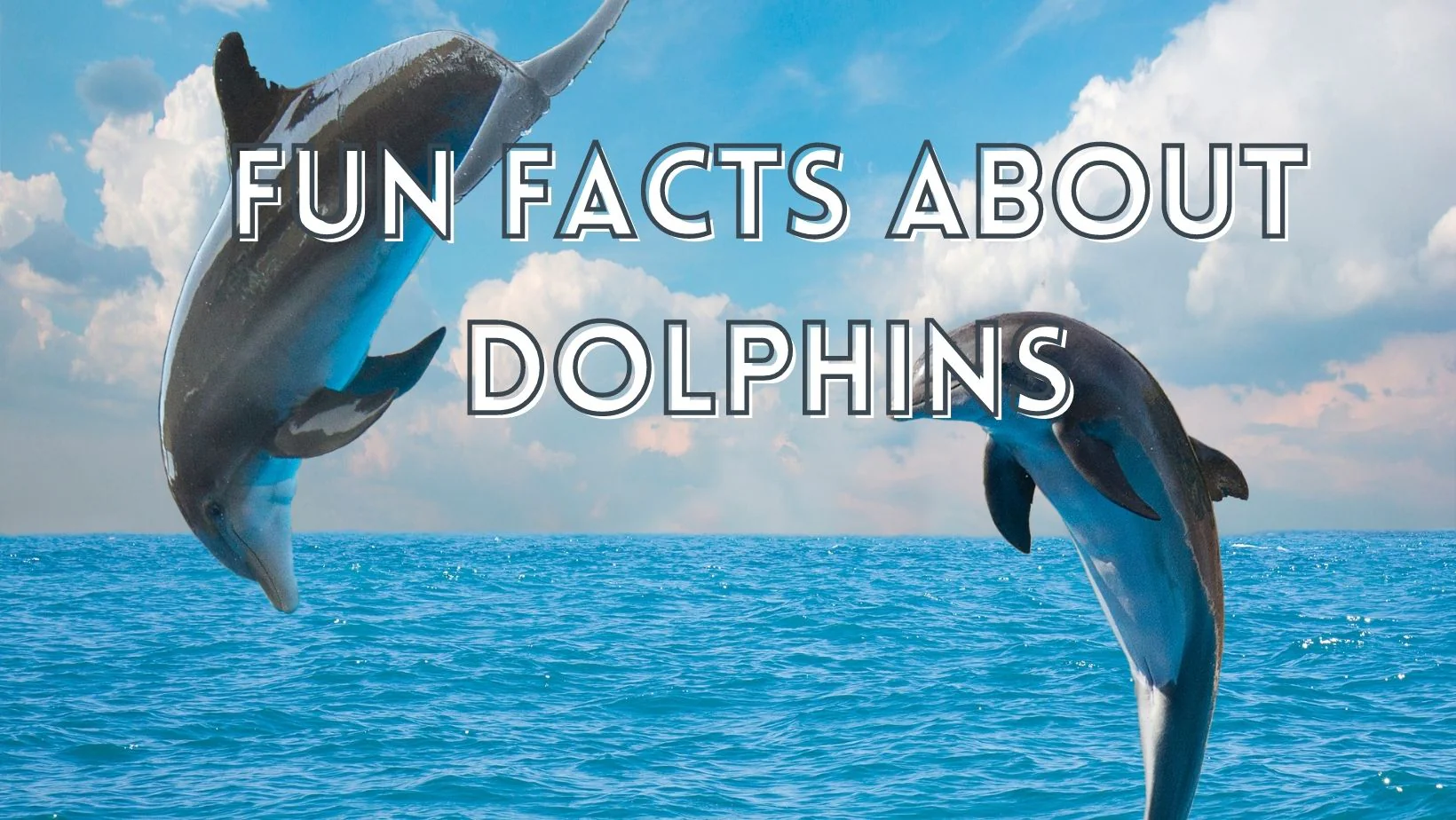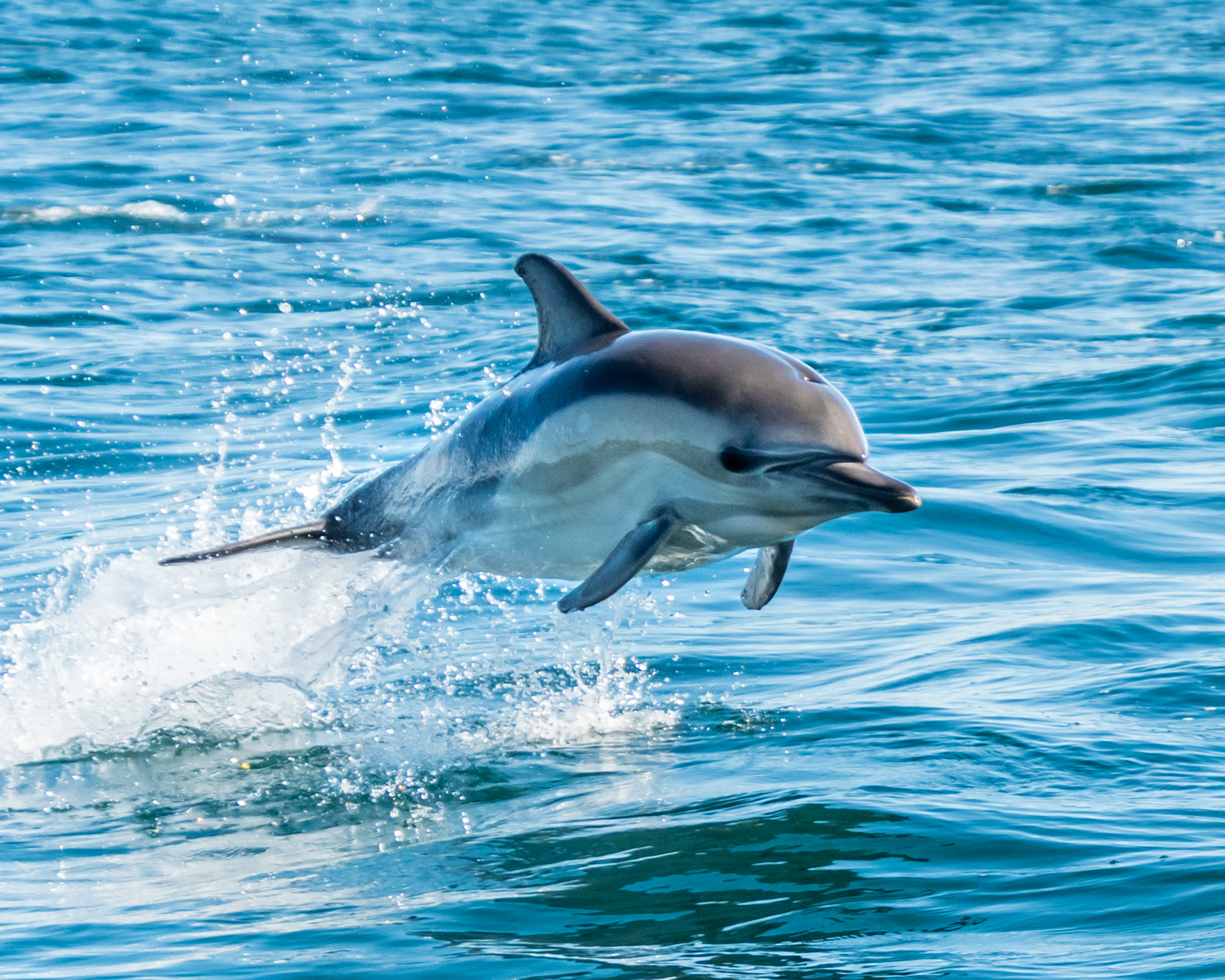Learn Unbelievable Dolphin Facts Regarding Their Knowledge and Habits
Study the Sea: Captivating Dolphin Facts for Sea Lovers
The globe of dolphins presents a remarkable intersection of knowledge, social actions, and ecological value. From their complex interaction methods to their impressive problem-solving capacities, dolphins challenge our understanding of animal knowledge.
Dolphin Species Diversity
Variety is a hallmark of the dolphin family members, encompassing a wide variety of types that show distinct physical features, behaviors, and habitats. The family members Delphinidae, commonly recognized as oceanic dolphins, makes up around 37 varieties, each adapted to particular environmental specific niches. The bottlenose dolphin (Tursiops truncatus) is renowned for its intelligence and adaptability, prospering in both open and coastal ocean atmospheres.
In contrast, the whale (Orcinus whale), often referred to as the killer whale, is the largest participant of the dolphin family members and is characterized by its striking black-and-white coloration. Orcas demonstrate intricate social frameworks and searching strategies, showcasing the behavior variety within the family members. Other types, such as the spinner dolphin (Stenella longirostris), are noted for their acrobatic displays and choice for warmer waters, highlighting the flexibility of dolphins to numerous marine environments.
Furthermore, river dolphins, including the pink river dolphin (Inia geoffrensis), live in freshwater atmospheres, additionally highlighting the wide-ranging habitats that dolphins occupy. Dolphin Facts. This unbelievable variety not just enriches aquatic ecosystems however additionally stresses the value of conservation initiatives to secure these amazing creatures and their environments
Social Behavior and Interaction
The detailed social habits and communication approaches of dolphins are vital parts of their existence, promoting group communication and improving survival. These extremely intelligent marine animals show complex social frameworks, usually forming sheaths that can range from a few individuals to over a hundred. Within these groups, dolphins participate in habits such as participating searching, social play, and mutual defense, which promote solid bonds among participants.
Dolphins use a sophisticated selection of vocalizations, consisting of clicks, whistles, and body language, to convey info and express feelings. Their signature whistles work as distinct identifiers, comparable to names, allowing people to call out to each other. This singing communication is matched by non-verbal signals, such as jumping, slapping the water, and synchronized swimming, which additionally enhances their communications.

Distinct Feeding Practices
Unique feeding behaviors characterize dolphins, showcasing their flexibility and knowledge in different marine settings. These aquatic mammals are recognized for their diverse diets, which largely contain fish, squid, and shellfishes. Their searching techniques can differ dramatically, commonly tailored to the details victim and ecological conditions.
One noteworthy method is participating hunting, where dolphins function in groups to herd institutions of fish into tight formations, making it easier for people to capture their meal. This social actions not only boosts their feeding effectiveness however also enhances social bonds within the covering. Additionally, dolphins have actually been observed using a method called "fish-whacking," where they use their tails to confuse or stun fish, assisting in much easier capture.
An additional fascinating feeding practice is echolocation, which enables dolphins to find target also in dirty waters. Overall, the distinct feeding practices of dolphins highlight their role as competent killers within the aquatic ecological community, showing both knowledge and ingenuity.
Knowledge and Trouble Addressing
Their knowledge is noticeable in their problem-solving abilities, social interactions, and ability for discovering. Research study has shown that dolphins can make use of tools, such as using marine sponges to safeguard their rostrums while foraging on the seafloor.
Furthermore, dolphins show innovative communication skills, using a complicated system of clicks, whistles, and body language. Dolphin Facts. This interaction is vital for collaborating group tasks, such as hunting and mingling, showing their capability to function collectively towards an usual goal. Their ability to recognize abstract concepts, consisting of self-recognition in mirrors, additionally emphasizes their cognitive refinement
In regulated studies, dolphins have actually shown a capacity to resolve problems and do tasks that require both memory and essential thinking. These interactions show not just knowledge but likewise a desire to involve with their atmosphere in novel methods. Overall, the cognitive expertise of dolphins positions them among one of the most smart types on the earth, fostering a much deeper appreciation for their function in aquatic ecosystems.
Preservation and Environmental Influence
Conservation efforts intended click for more info at protecting marine environments are crucial for protecting dolphin populaces and their environments. Dolphins are highly conscious environmental adjustments, and their survival is delicately linked to the health and wellness of nautical ecological communities. Overfishing, pollution, and climate modification present substantial threats to both dolphins and their atmospheres.
Overfishing interrupts the food web, bring about a decline in victim types necessary for dolphin survival. Contaminants such as plastics and chemicals gather in aquatic environments, endangering dolphins with ingestion and bioaccumulation. Increased water temperatures and ocean acidification, repercussions of climate change, additionally endanger the fragile balance of aquatic ecological communities, affecting dolphin reproduction and migratory patterns.
Conservation initiatives, consisting of the facility of aquatic protected locations (MPAs), play a crucial role in safeguarding these intelligent animals. MPAs aid reduce human impact, permitting ecological communities to prosper and recuperate. Public awareness projects and community engagement are additionally essential, cultivating a society of stewardship in the direction of aquatic life. By prioritizing conservation efforts, we can make certain that future generations take pleasure in the beauty and vigor of dolphins and the oceans they populate. Safeguarding aquatic environments is not nearly saving dolphins; it has to do with maintaining the elaborate internet of life that maintains us all.
Verdict
Dolphins exemplify the intricacy and richness of marine life through their varied varieties, elaborate social frameworks, and advanced cognitive abilities. Their special feeding practices and interaction techniques further show their versatility and knowledge. As vital elements of aquatic ecological communities, dolphins emphasize the requirement of recurring preservation efforts to guard their environments. Safeguarding these impressive animals is vital not just for their survival but likewise for maintaining the wellness and equilibrium of ocean atmospheres internationally.
Various other varieties, such as the spinner dolphin (Stenella longirostris), are go right here noted for their acrobatic screens and preference for warmer waters, highlighting the versatility of dolphins to different marine environments.
Generally, the special feeding routines of dolphins highlight their duty as competent killers within the aquatic ecological community, demonstrating both intelligence and resourcefulness.
In general, the cognitive prowess of dolphins anchor places them amongst the most smart varieties on the world, promoting a much deeper appreciation for their role in aquatic ecosystems.
